Conclavoscope - Cardinal Angelo De Donatis
Cardinal Profile and Assessment
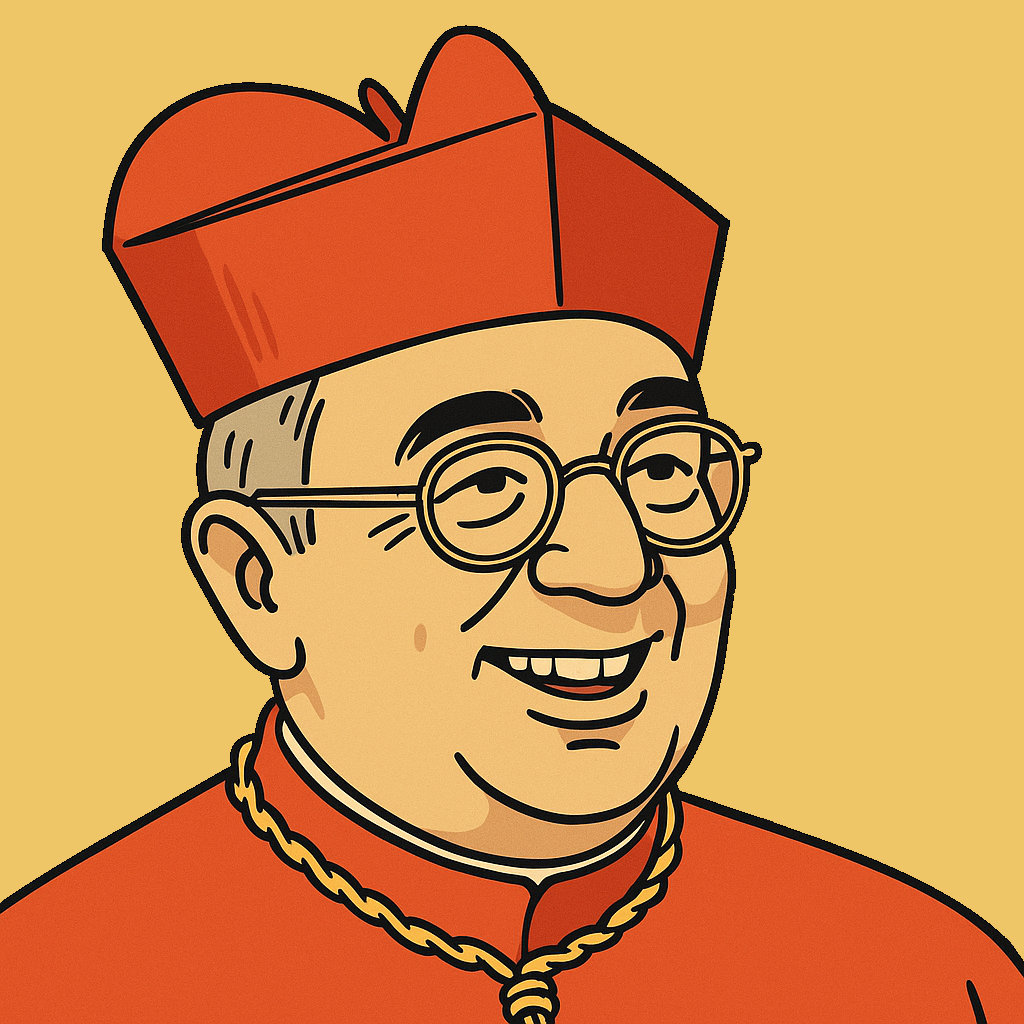
Italian cardinal, former vicar general of the pope for the diocese of Rome, known for his balance between liturgical tradition and moderate pastoral openness.
| Criterion | Tendency |
|---|---|
| Moral doctrine | Moderately conservative |
| Liturgy | Conservative |
| Sociopolitical | Centrist |
| Relationship with Pope Francis | Progressive |
| Dialogue | Moderately progressive |
| Communication | Moderately progressive |
| Overall tendency | Centrist |
Cardinal De Donatis upholds traditional Catholic moral teachings, including opposition to abortion and same-sex marriage. His leadership in synodal discussions has emphasized the importance of addressing youth concerns on sexuality and marginalization, reflecting a pastoral approach that balances doctrinal fidelity with compassionate outreach.
As Vicar General of Rome, Cardinal De Donatis implemented strict regulations on the Traditional Latin Mass following Pope Francis' motu proprio 'Traditionis Custodes.' He restricted its celebration during the Easter Triduum and required priests to obtain written authorization to celebrate the 1962 Missal, demonstrating a commitment to liturgical uniformity.
Cardinal De Donatis has shown a commitment to social issues, notably in environmental education. As Grand Chancellor of the Pontifical Lateran University, he oversaw the establishment of a program in Ecology and the Environment, aligning with Pope Francis' emphasis on care for creation.
Initially a close collaborator of Pope Francis, Cardinal De Donatis' relationship with the Pope has experienced some tension. While he was appointed to significant roles, including Major Penitentiary, reports suggest disagreements over diocesan reforms and administrative decisions.
Cardinal De Donatis actively promotes interreligious dialogue. He has publicly praised efforts by leaders like Morocco's King Mohammed VI in fostering religious harmony, reflecting his commitment to building bridges between faith communities.
Known for his pastoral sensitivity, Cardinal De Donatis has effectively communicated Church teachings and values. His leadership during significant liturgical events, such as presiding over the Ash Wednesday liturgy in Pope Francis' absence, showcases his ability to connect with the faithful.
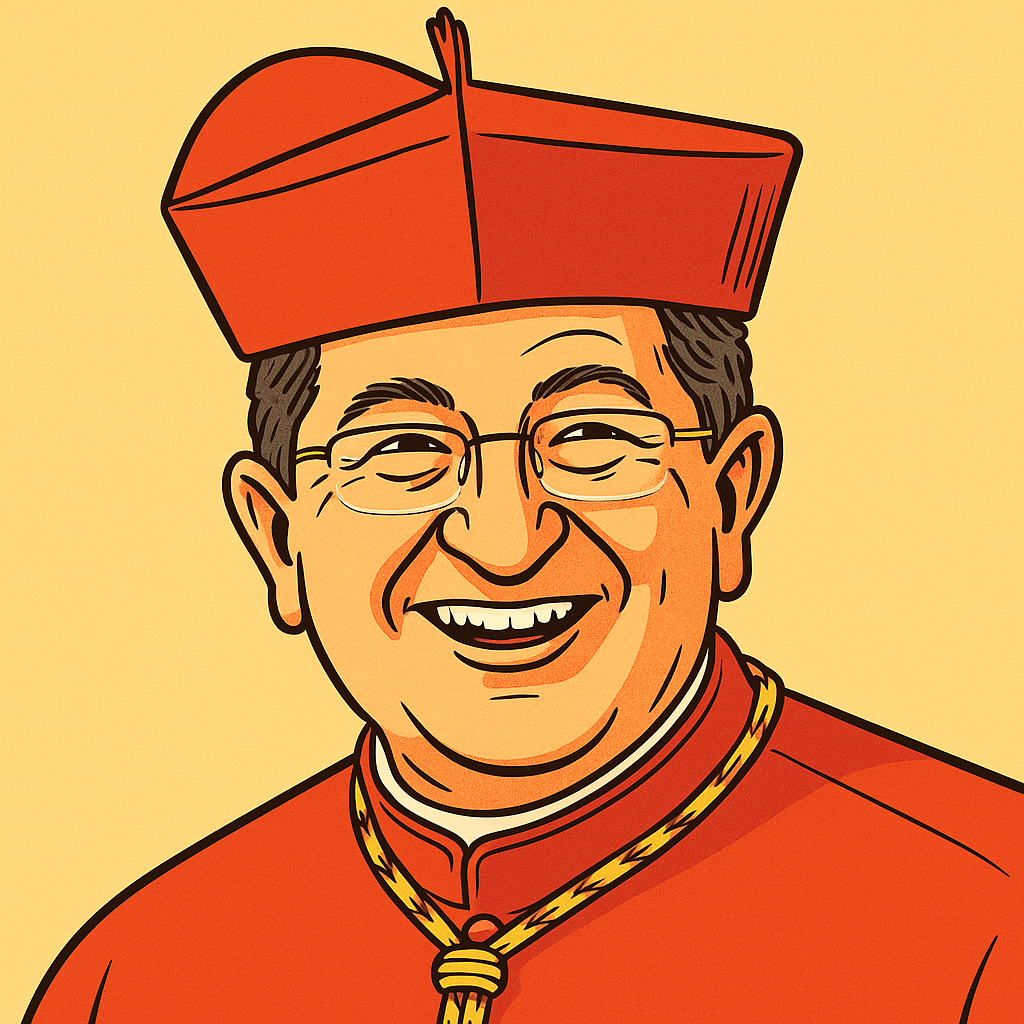
Italian cardinal, Archbishop of Florence, known for his conservative doctrinal positions and intellectual work, while remaining engaged in pastoral dialogue.
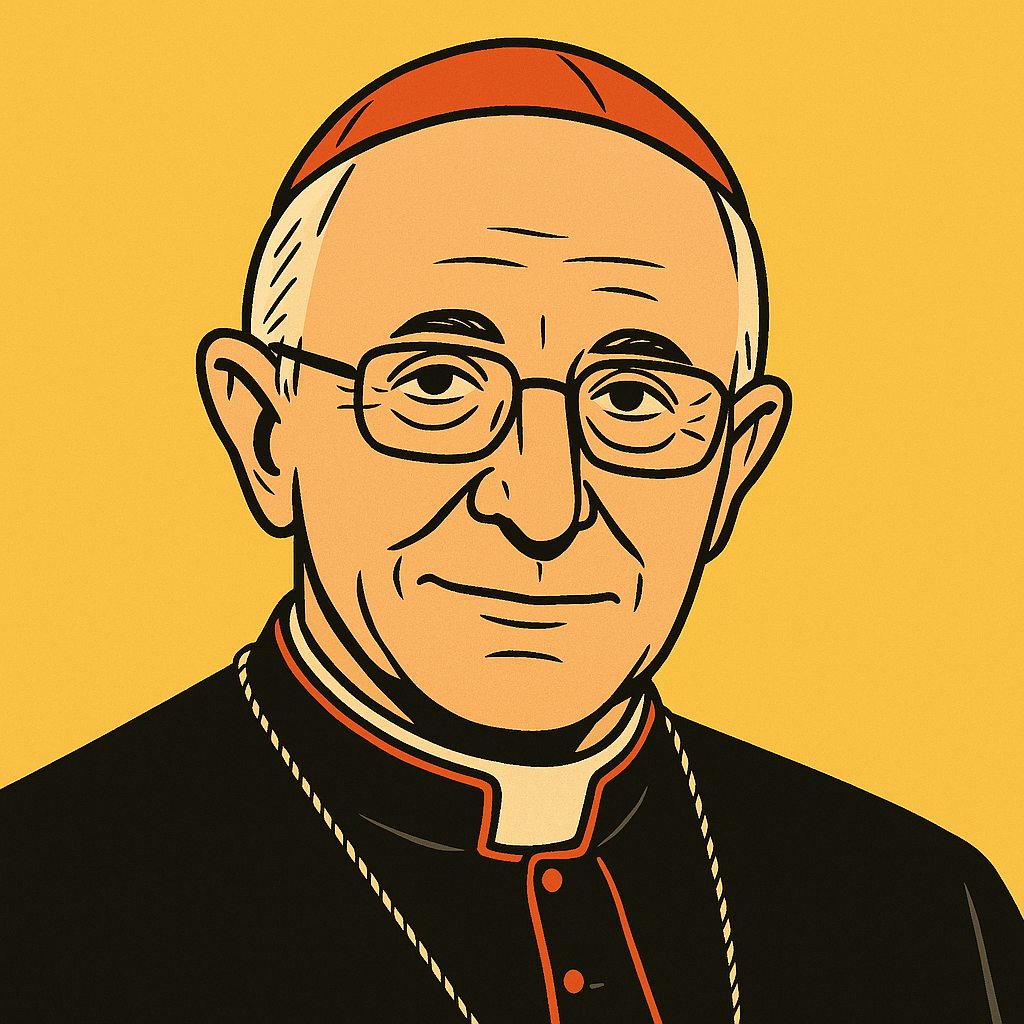
Italian cardinal, Grand Master of the Order of the Holy Sepulchre, former prefect of the Congregation for the Evangelization of Peoples, known for his missionary and diplomatic experience.
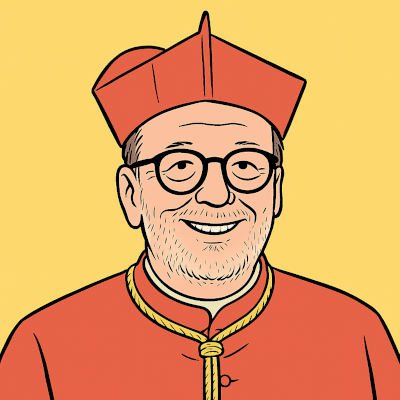
Italian cardinal, former apostolic nuncio, known for his diplomatic expertise and knowledge of Eastern Churches, combining liturgical tradition and openness to dialogue.
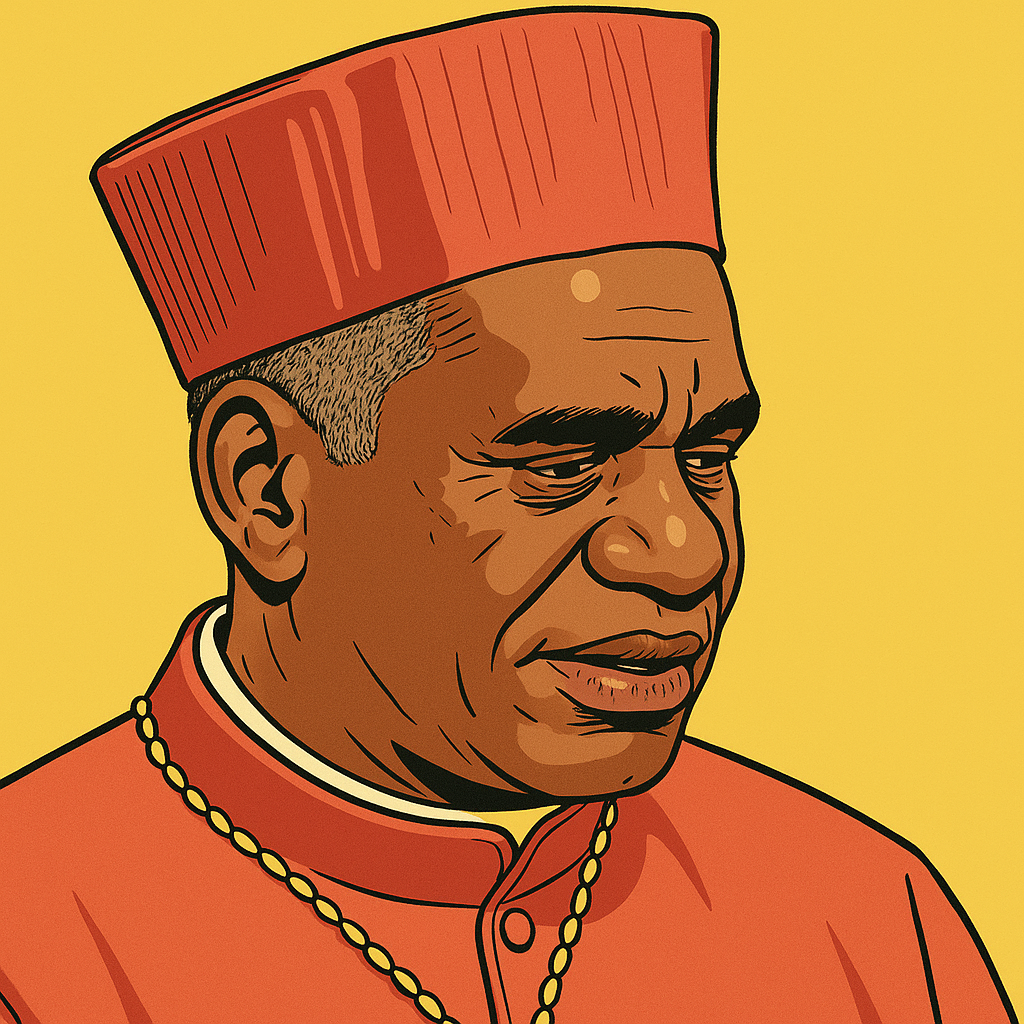
Madagascar
Malagasy cardinal, known for his traditionalist positions, his attachment to classical liturgy, and his vigorous defense of Catholic moral doctrine.
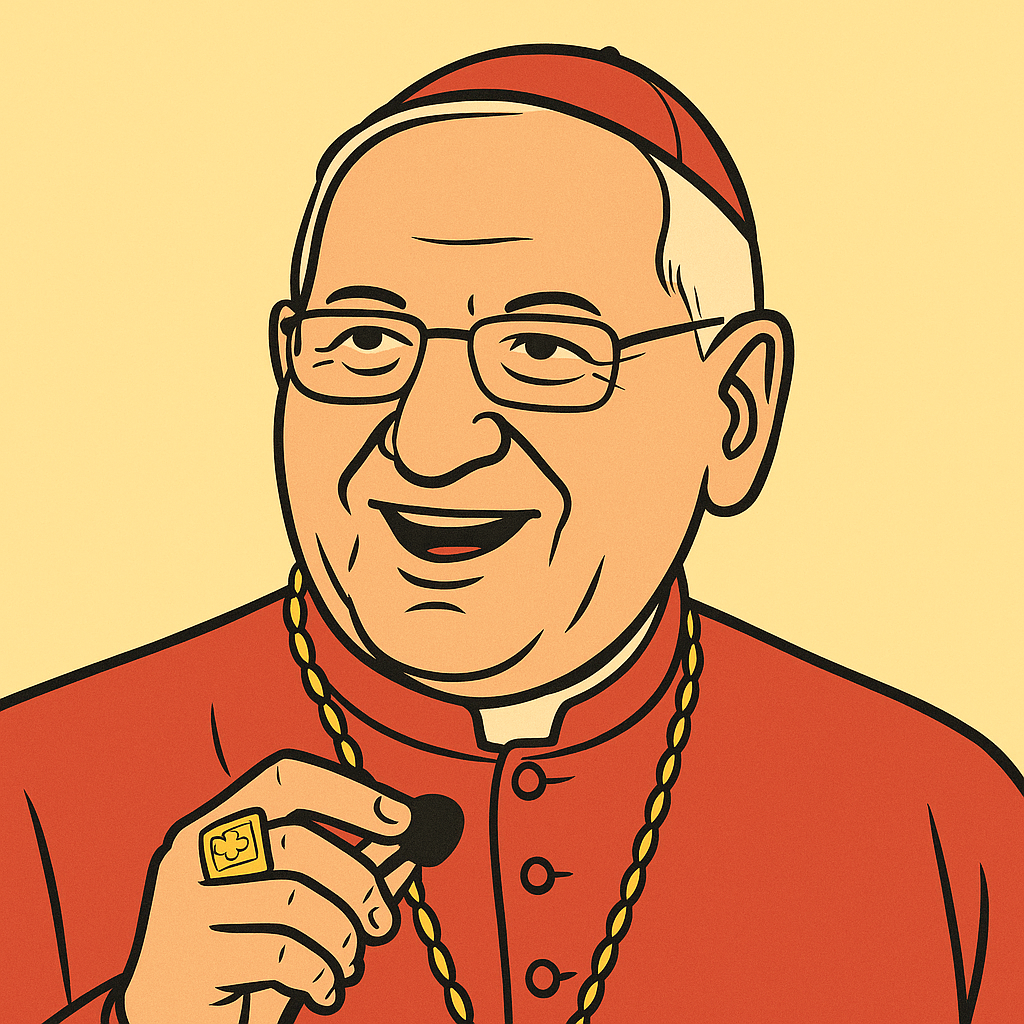
Iraq
Iraqi cardinal, Patriarch of the Chaldean Catholic Church, known for his leadership in a context of persecution and his commitment to the survival of Christians in the Middle East.
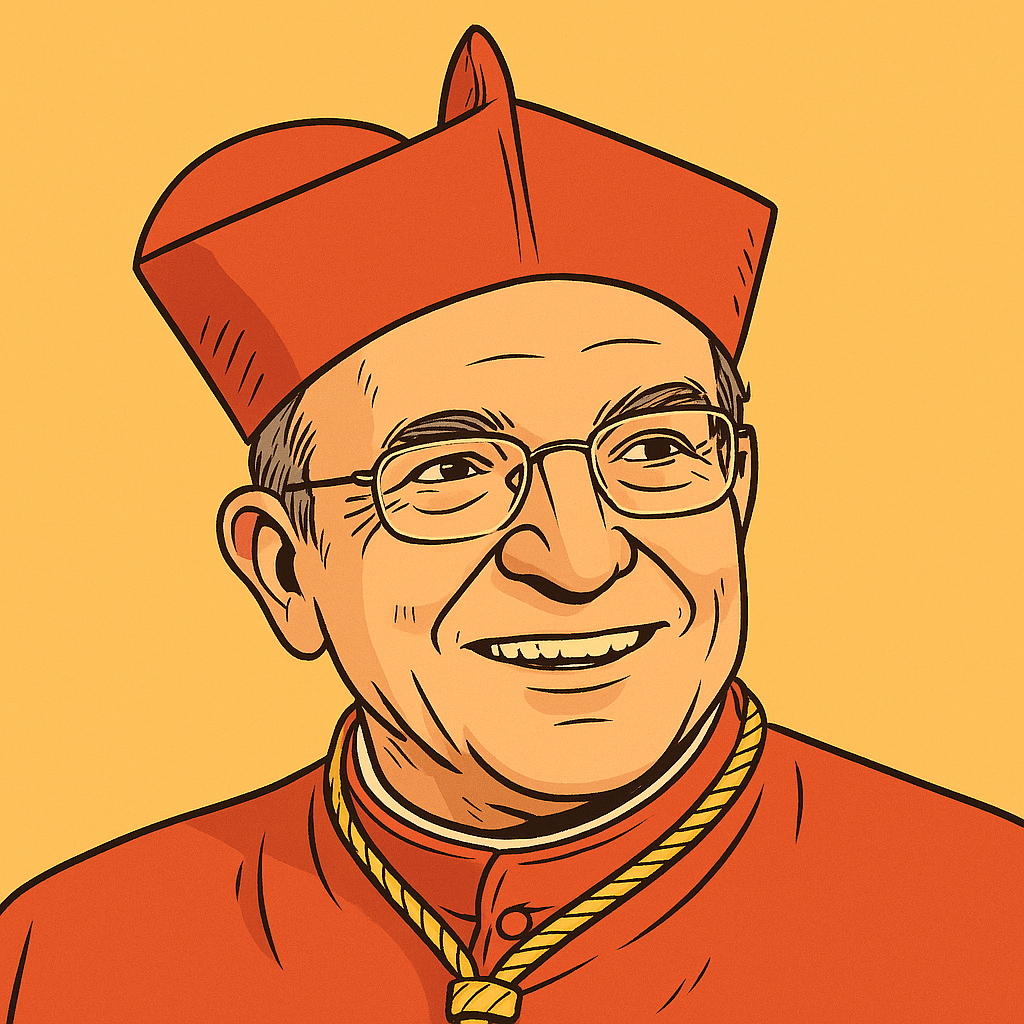
Italy
Italian cardinal, Archbishop of L'Aquila, known for his leadership after the 2009 earthquake and his pastoral approach combining tradition and community engagement.

Netherlands
age: 72
Dutch cardinal, Archbishop of Utrecht, physician and bioethicist, known for his very conservative positions on bioethical and moral issues, and his defense of traditional doctrine.
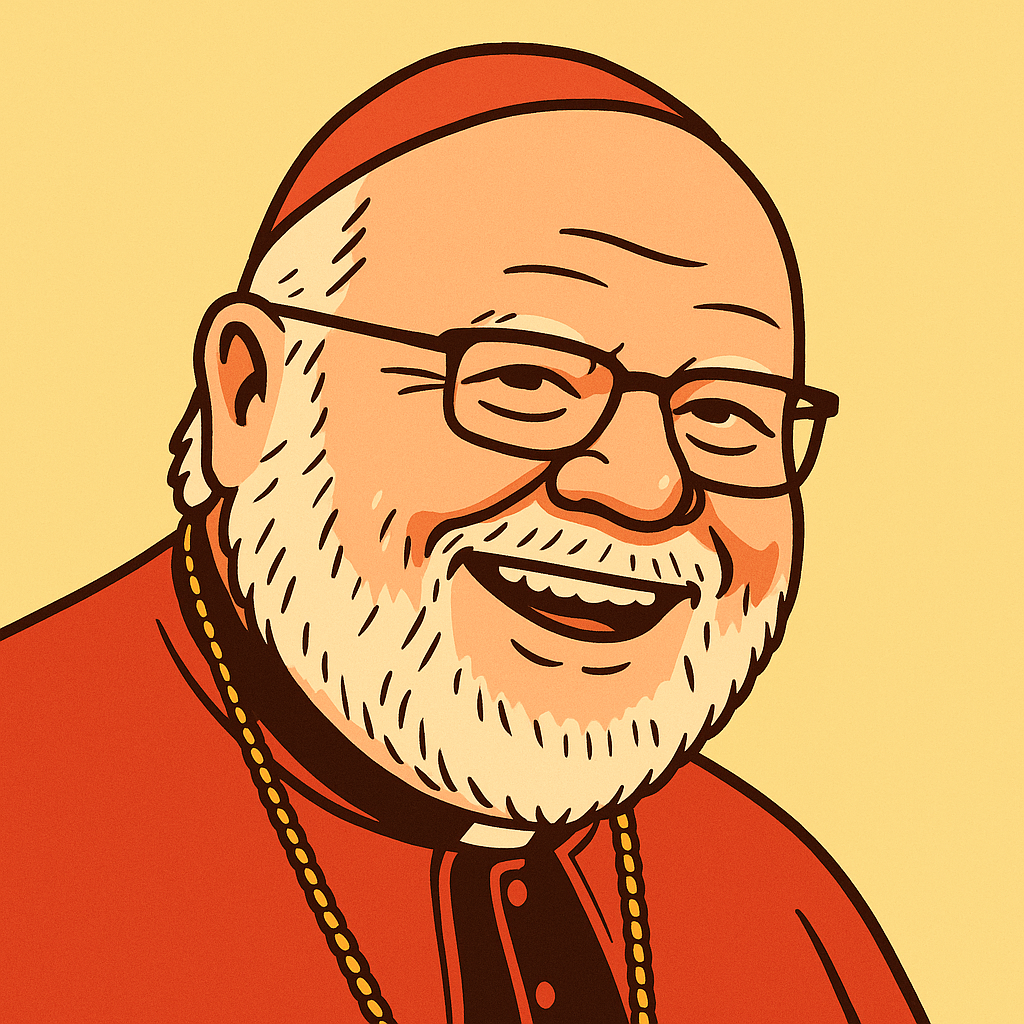
Germany
age: 72
German cardinal, Archbishop of Munich and Freising, known for his progressive positions and influential role in Church reform, particularly during the German synodal path and on economic issues.
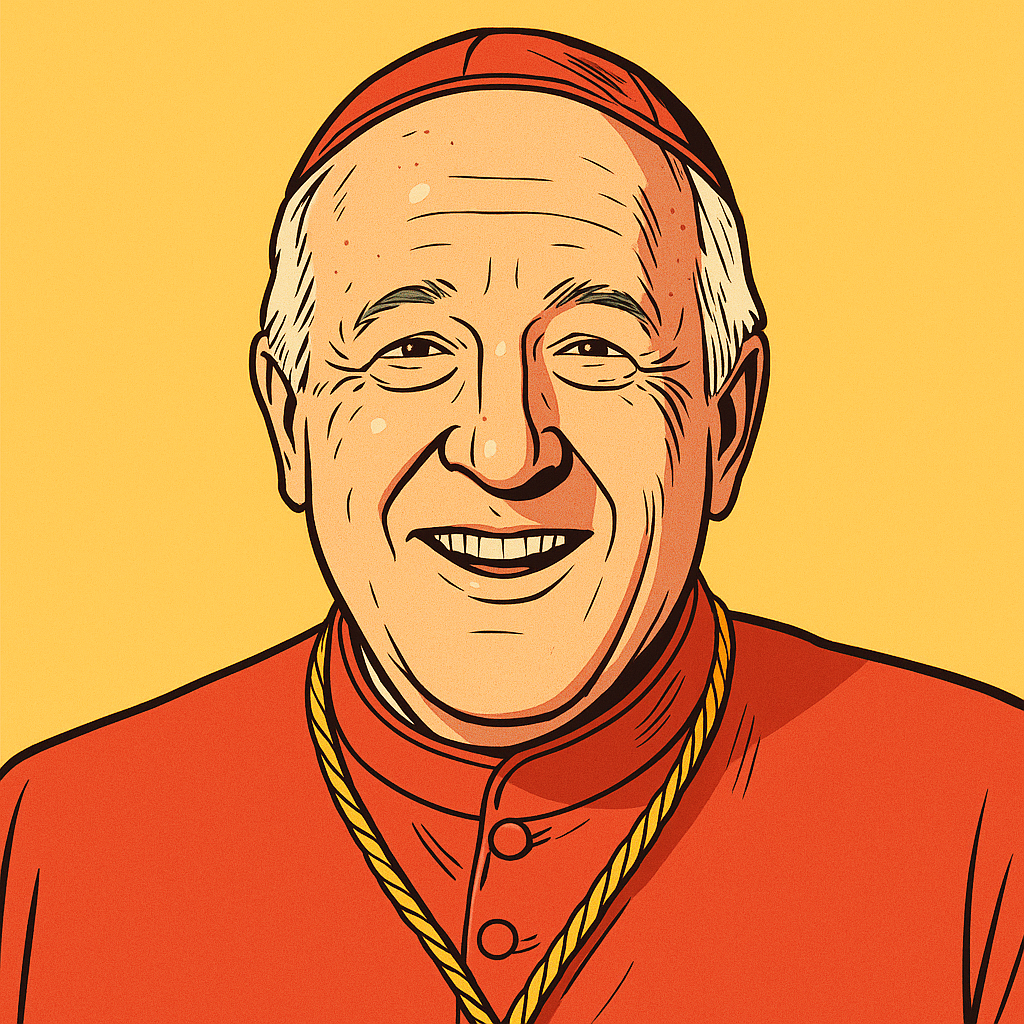
United States
age: 72
American cardinal, Bishop of San Diego, known for his progressive positions on social issues and his calls for greater inclusion in the Church, in line with Pope Francis.
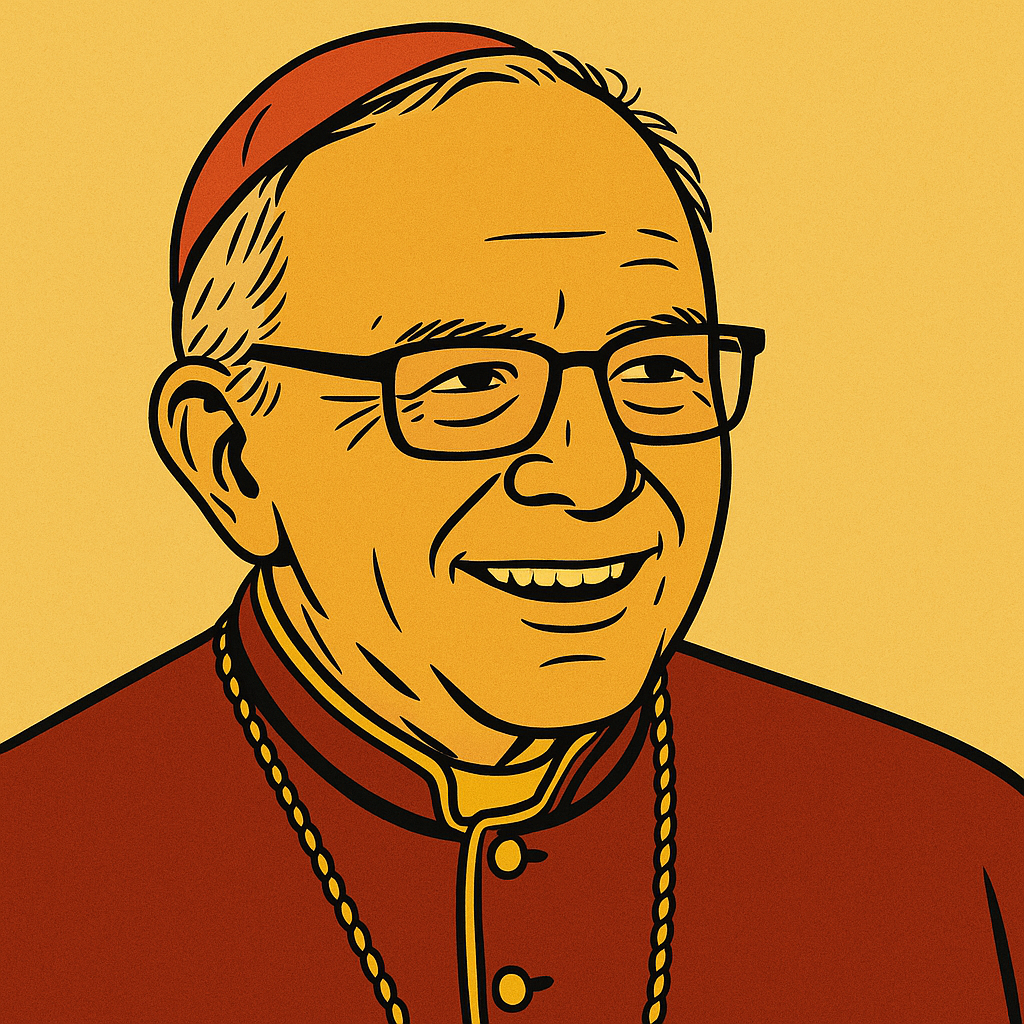
Portugal
Portuguese cardinal, Patriarch Emeritus of Lisbon, known for his balanced leadership and pastoral vision that respects tradition while dialoguing with contemporary society.
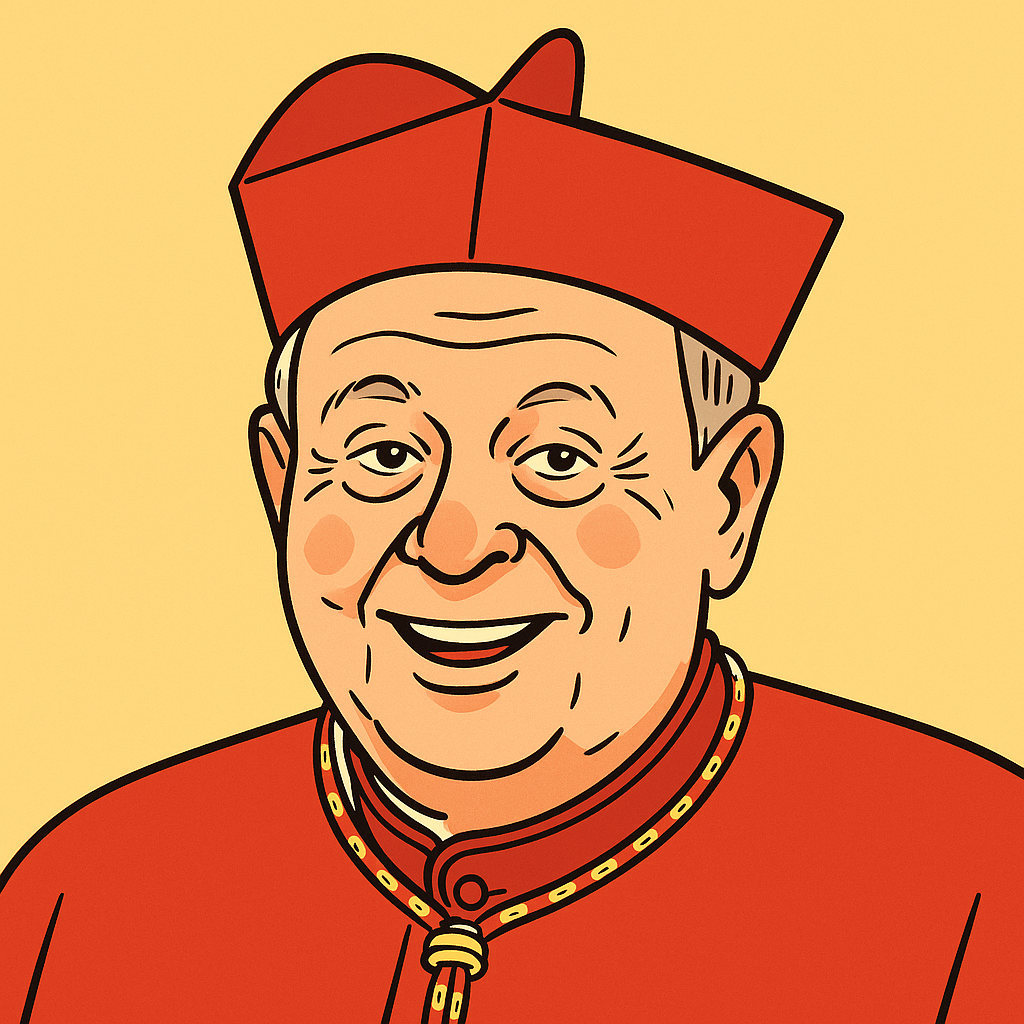
Italy
Italian cardinal, Bishop of Como, known for his balanced pastoral approach and his work for the reception of migrants at the Swiss border, combining doctrinal fidelity and social commitment.
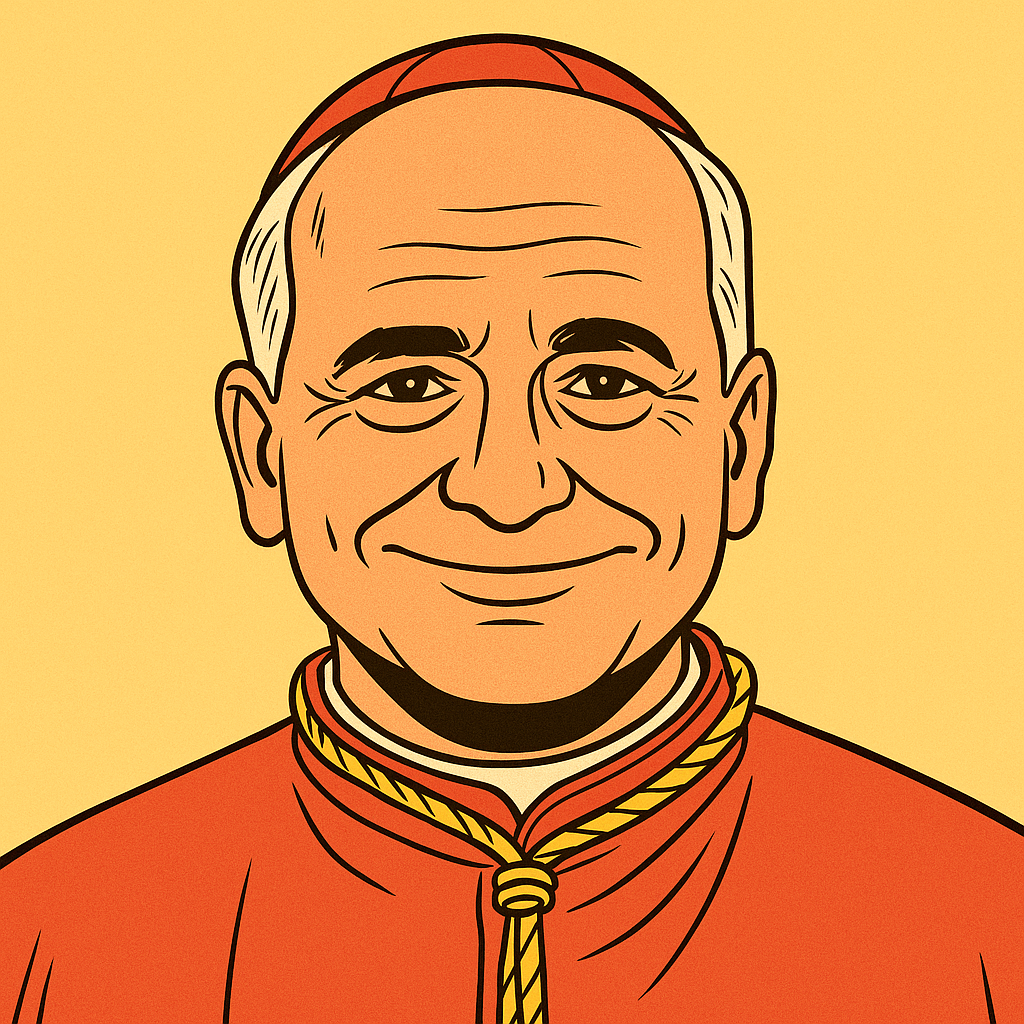
United States
American cardinal, Prefect of the Dicastery for Bishops, Augustinian, known for his missionary experience in Latin America and his balanced approach between tradition and openness.

Germany
German cardinal, former prefect of the Congregation for the Doctrine of the Faith, known for his very conservative positions and vigorous defense of traditional doctrine.
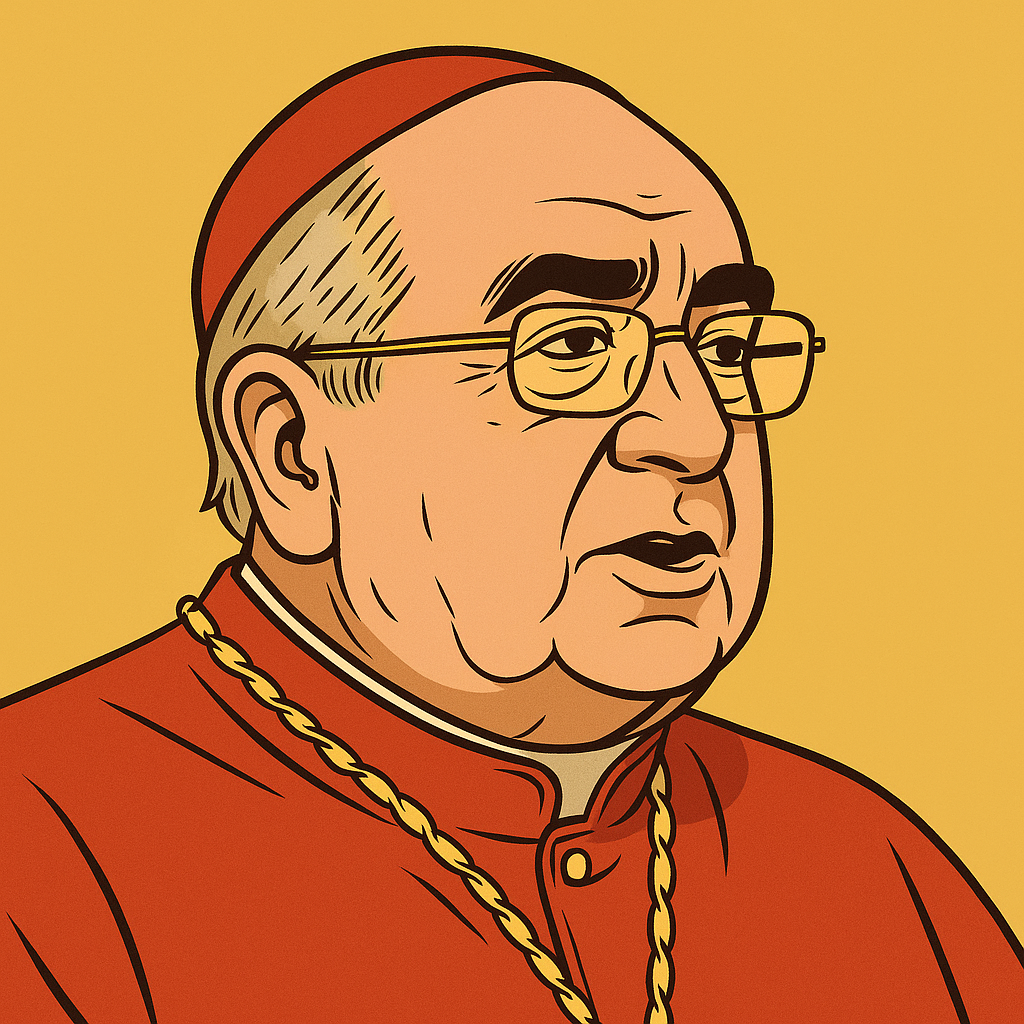
Poland
Polish cardinal, Archpriest of the Basilica of Saint Mary Major, known for his conservative positions and experience in lay ministry, in the tradition of John Paul II.
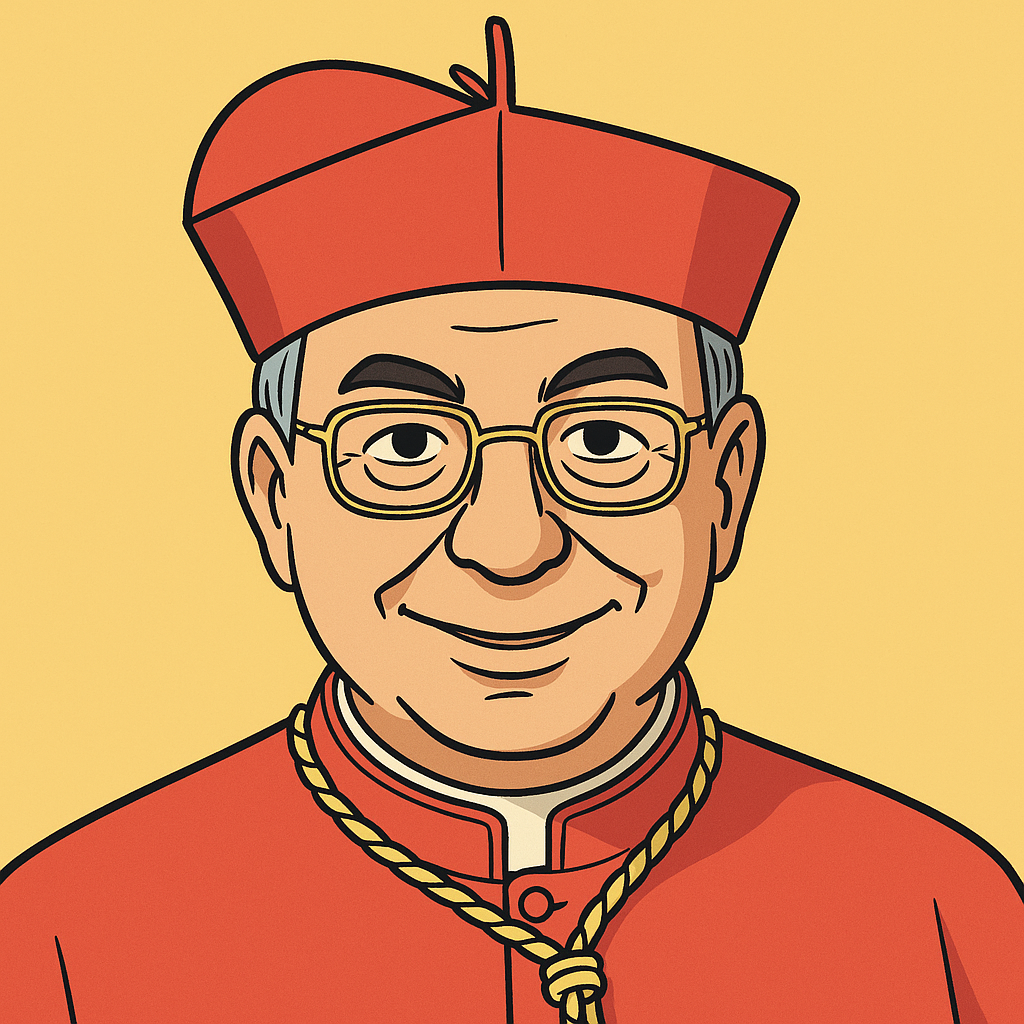
France
French cardinal, Prefect of the Supreme Tribunal of the Apostolic Signatura, known for his legal expertise and traditional doctrinal positions.

Myanmar
Burmese cardinal, the first from his country, known for his commitment to peace and reconciliation, combining respect for tradition and interreligious dialogue.
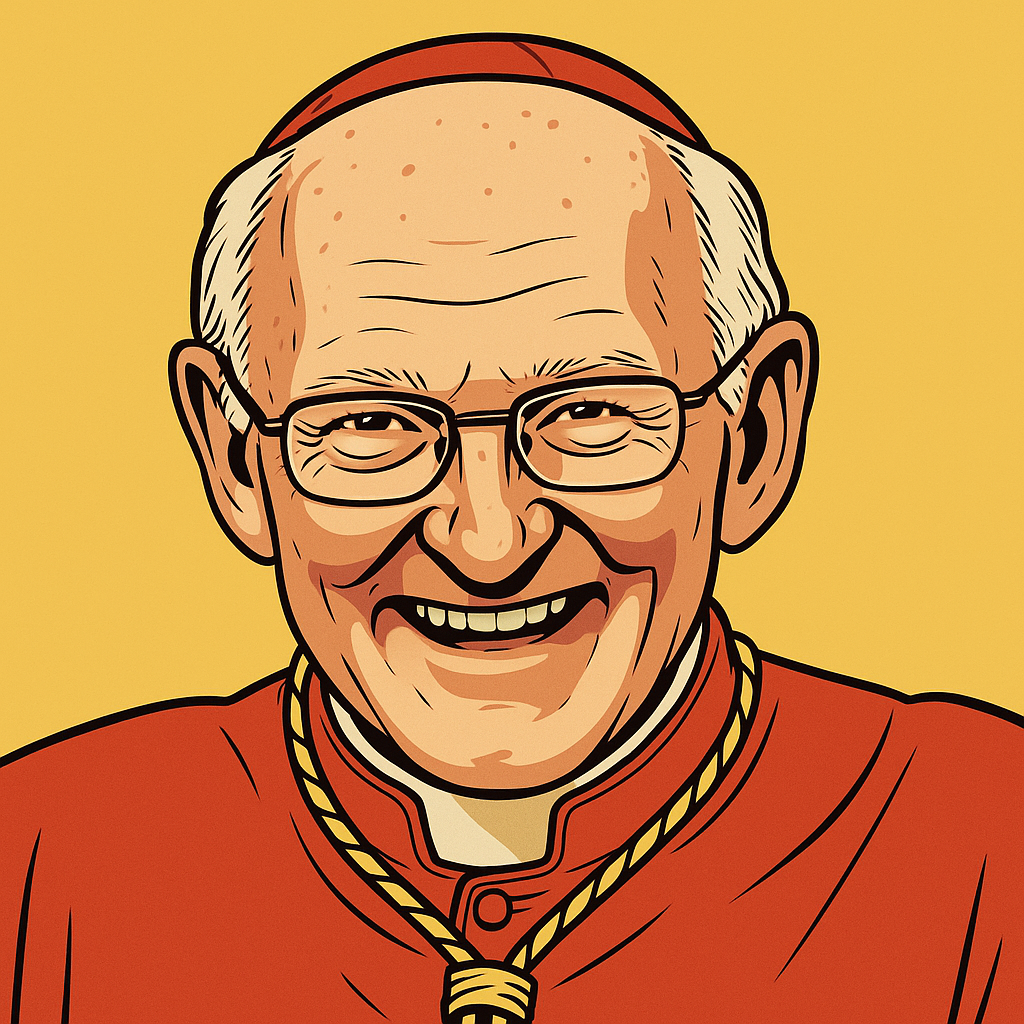
United States
American cardinal, Archpriest of the Basilica of Saint Paul Outside the Walls, former Prefect of the Papal Household, known for his conservative positions and administrative experience at the Vatican.
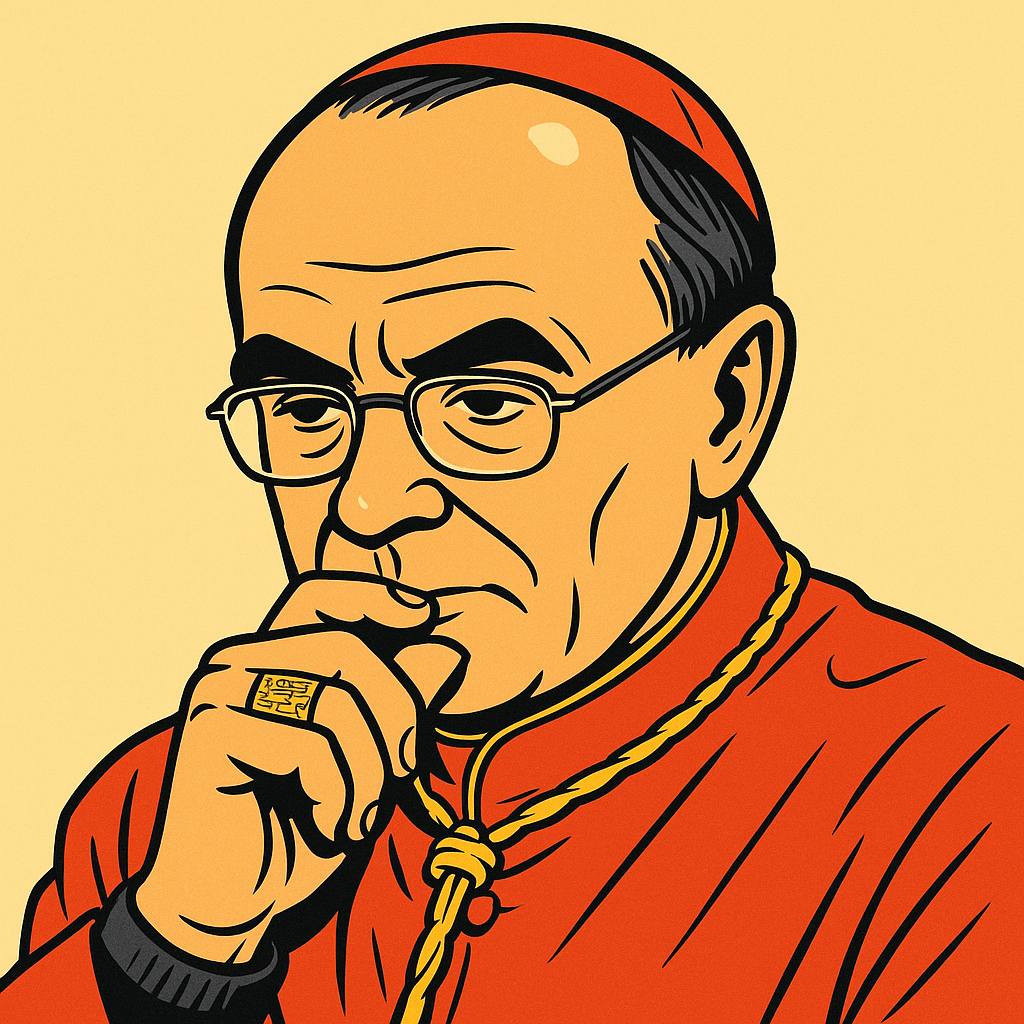
France
French cardinal, Archbishop Emeritus of Lyon, known for his missionary dynamism but whose career has been marked by controversy over the handling of sexual abuse in his diocese.
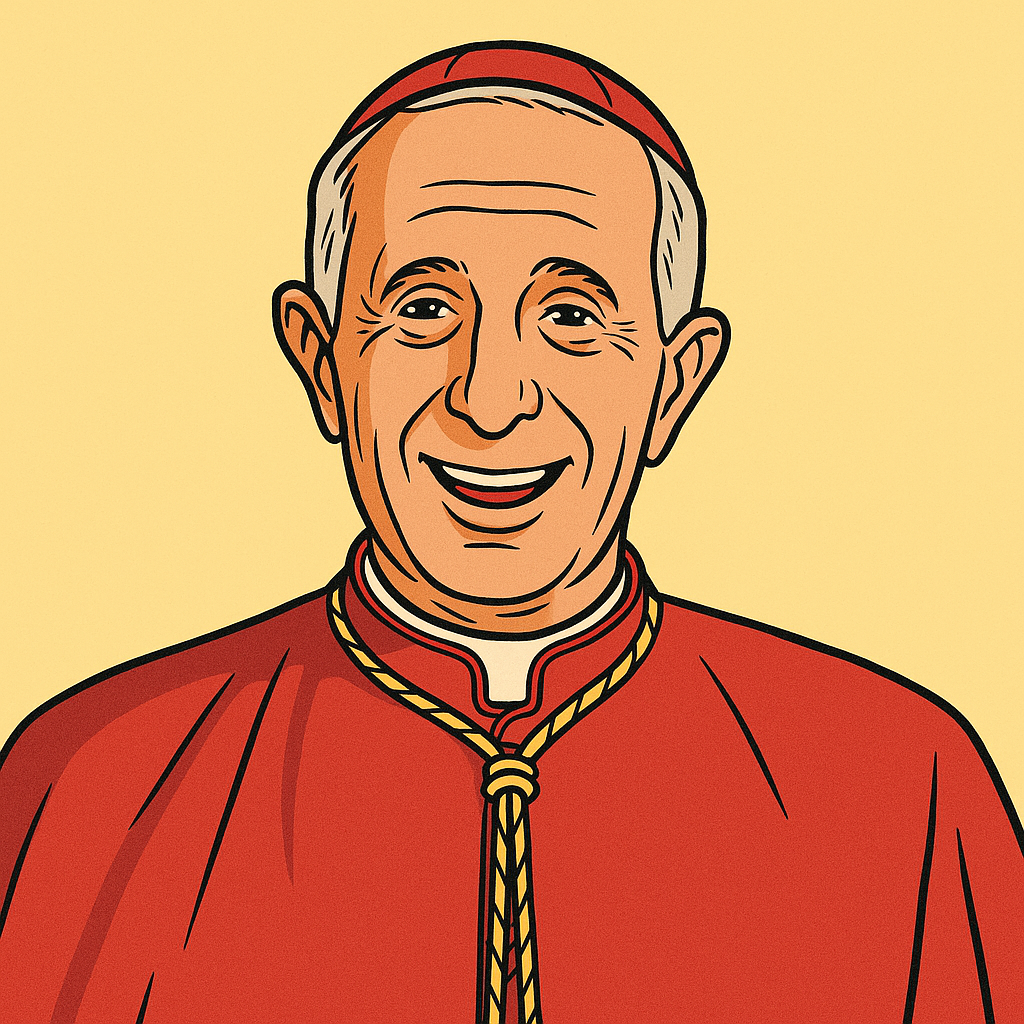
Argentina
Argentine cardinal, Archbishop Emeritus of Buenos Aires, successor of Pope Francis in this diocese, known for his discreet profile and balanced administration between tradition and renewal.
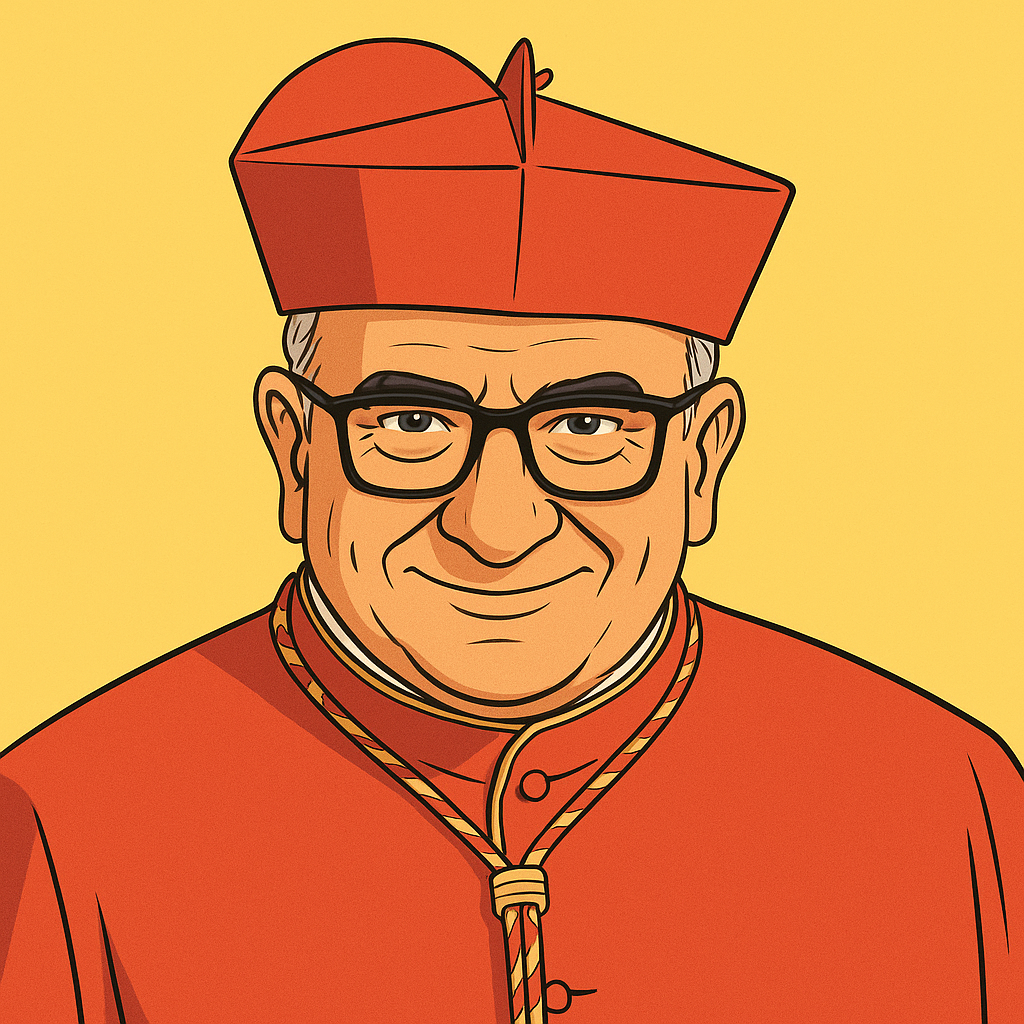
Chile
Chilean cardinal, Archbishop of Concepción, known for his conservative doctrinal positions and commitment to rebuilding trust after abuse scandals.
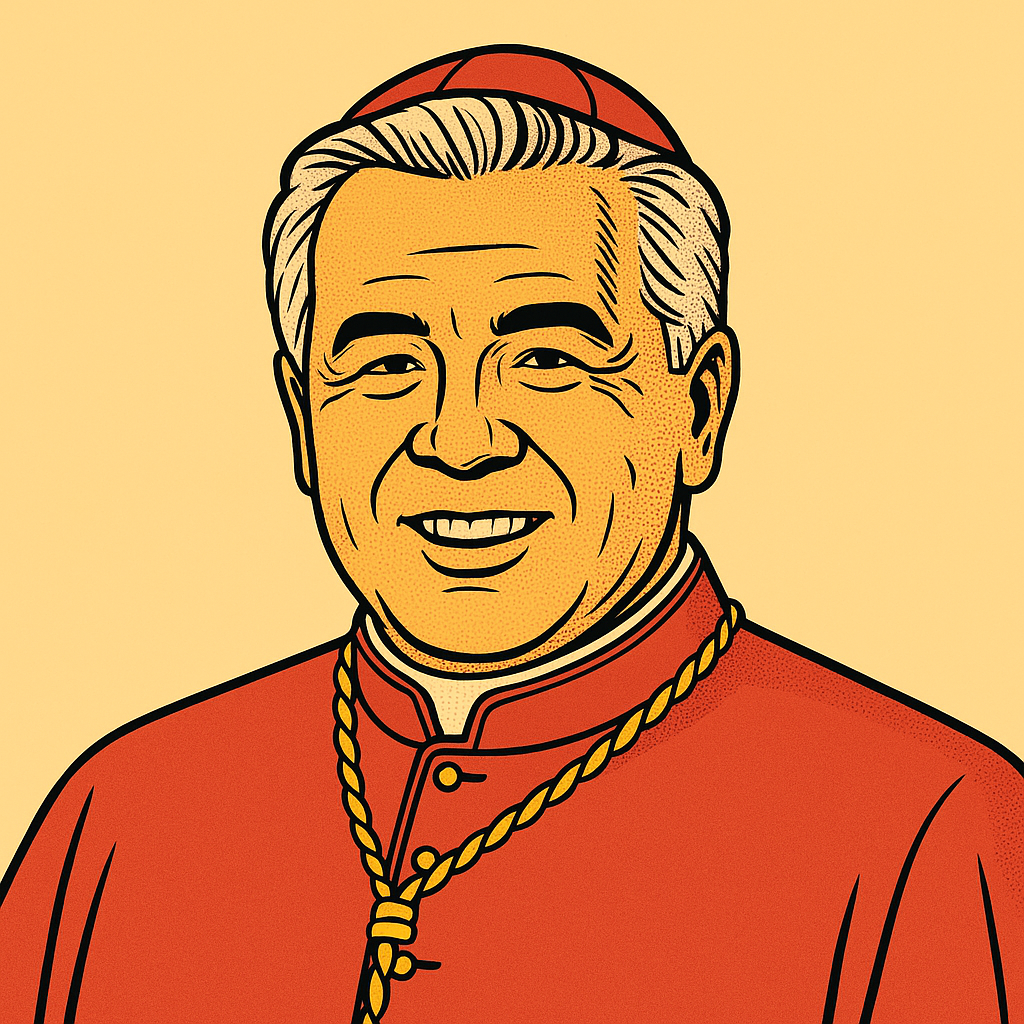
Mexico
Mexican cardinal, Archbishop of Guadalajara, known for his conservative doctrinal positions and balanced pastoral leadership in a context of popular faith.
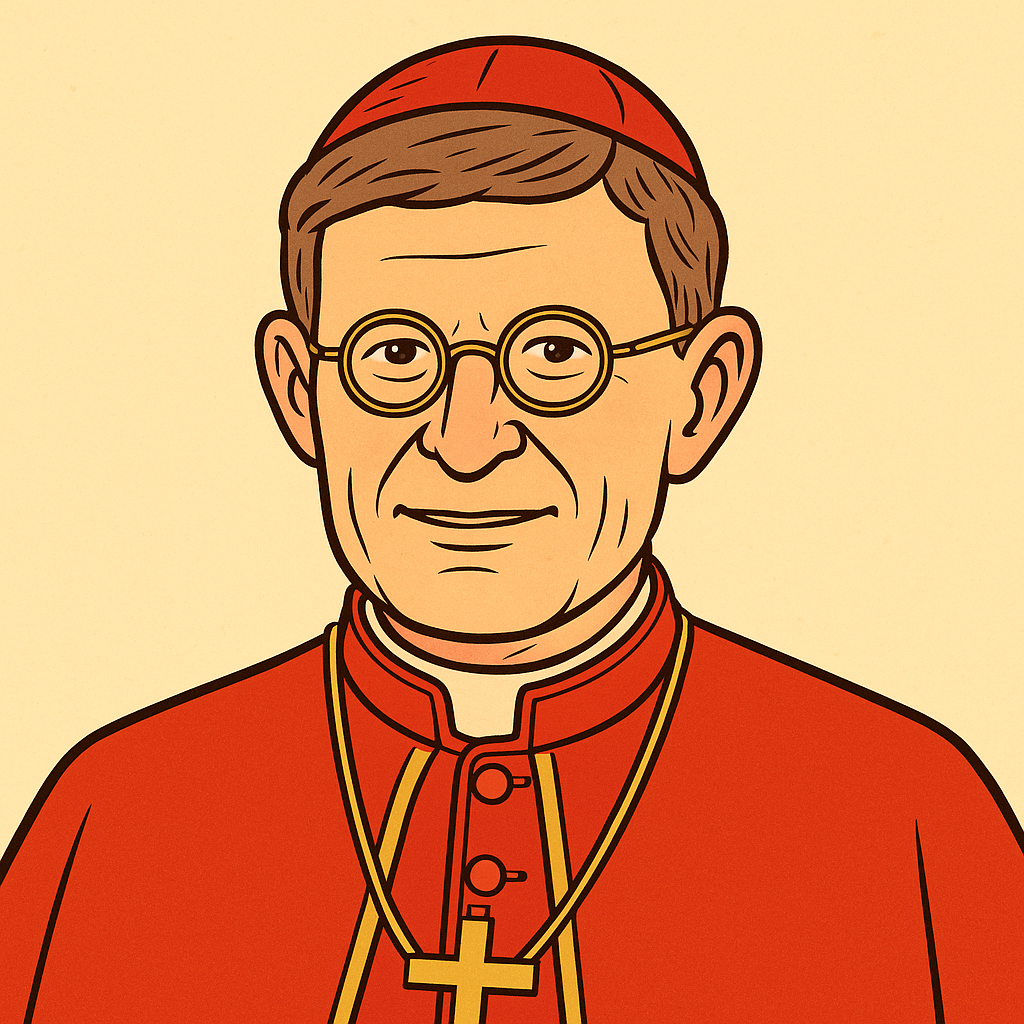
Germany
German cardinal, Archbishop of Cologne, known for his conservative positions and controversial leadership, particularly in handling sexual abuse and his opposition to certain reforms.

Myanmar
Burmese cardinal, the first from his country, known for his commitment to peace and reconciliation, combining respect for tradition and interreligious dialogue.
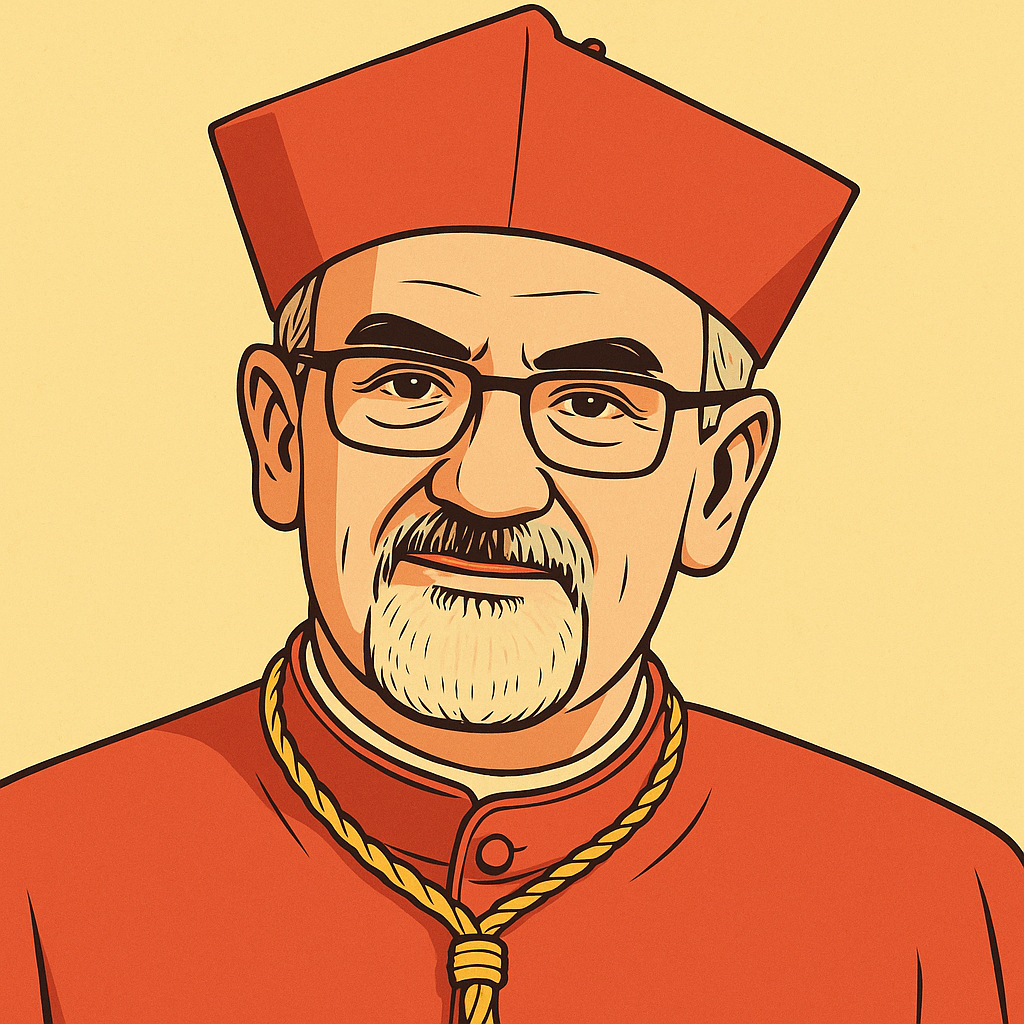
Israel
Italian cardinal, Latin Patriarch of Jerusalem, Franciscan, known for his expertise on the Middle East and his balanced leadership in a context of political and religious tensions.
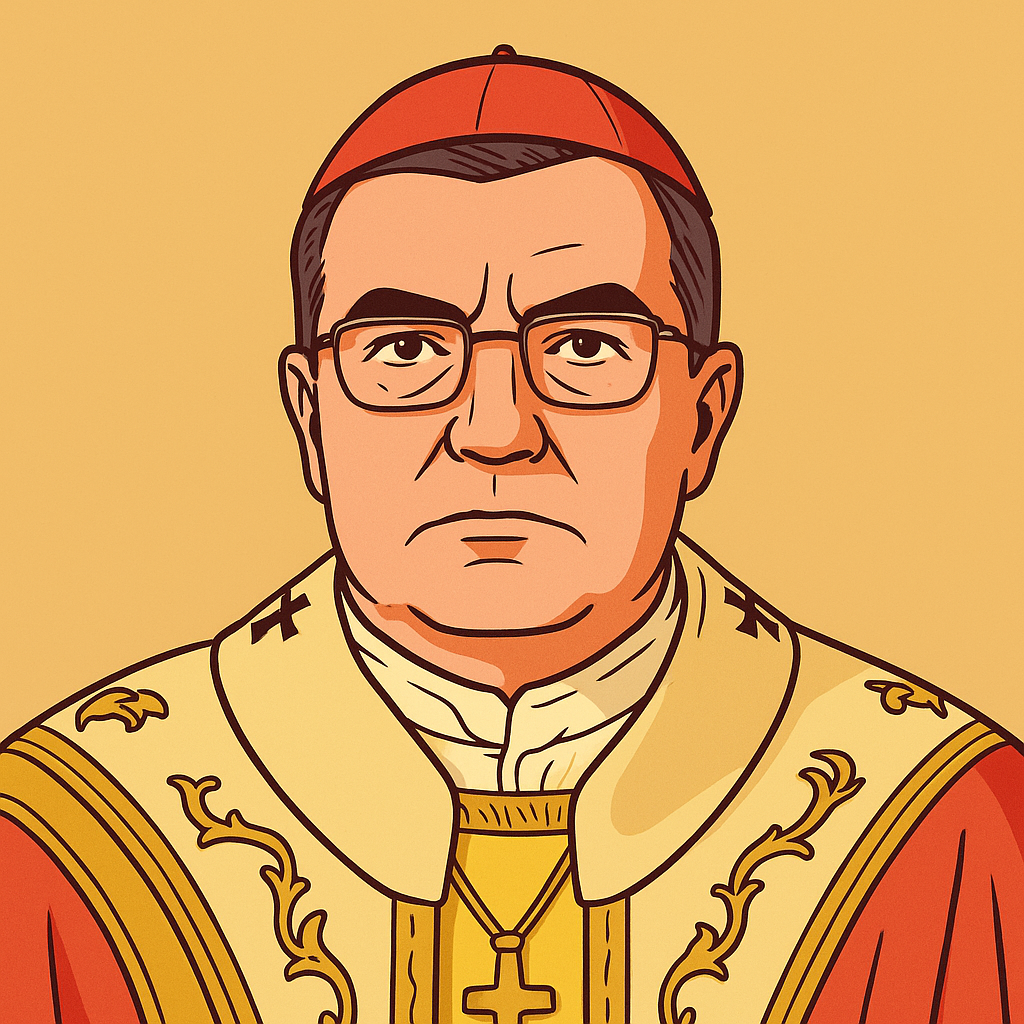
Croatia
Croatian cardinal, Archbishop of Zagreb, known for his conservative positions on moral issues and his commitment to traditional values in a post-communist context.

France
French cardinal, Archbishop Emeritus of Lyon, known for his missionary dynamism but whose career has been marked by controversy over the handling of sexual abuse in his diocese.
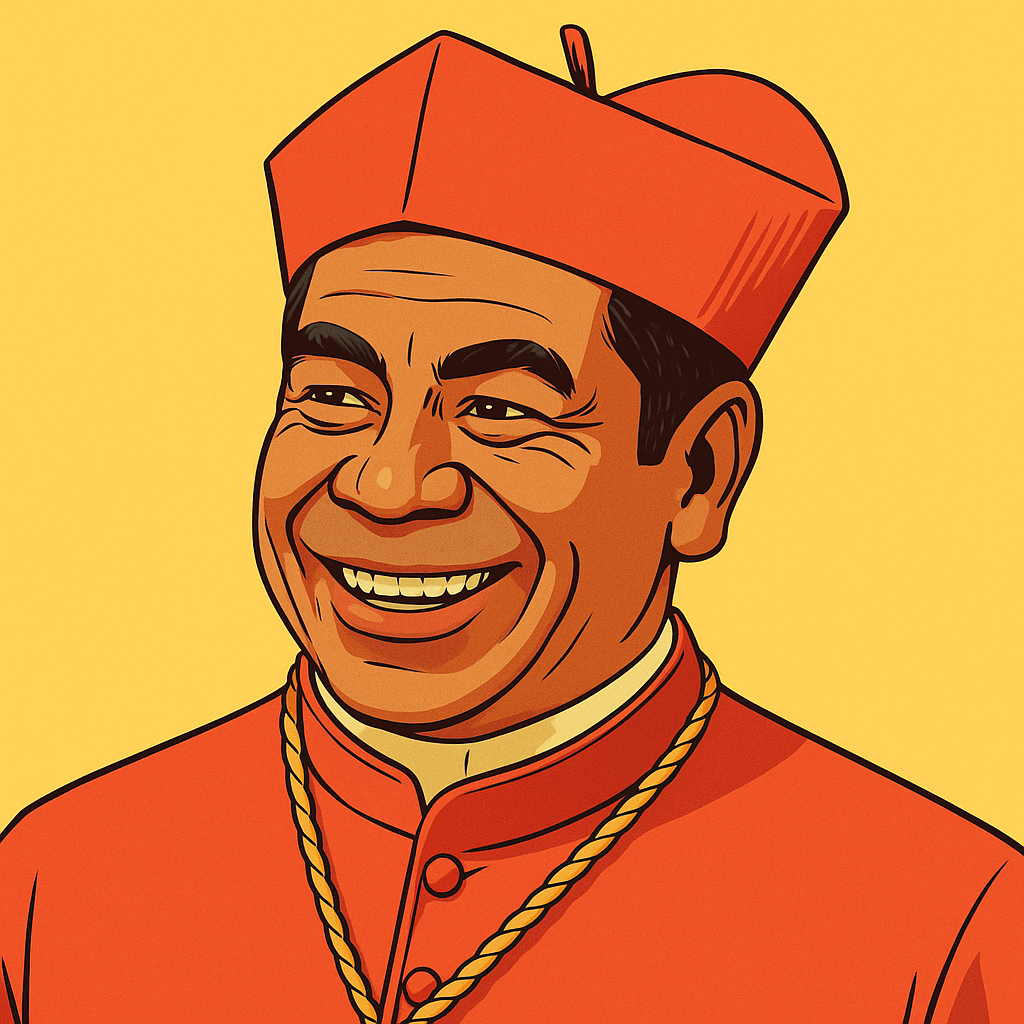
East Timor
East Timorese cardinal, Archbishop of Dili, first cardinal from his country, known for his leadership in post-independence reconstruction and his commitment to peace and national reconciliation.